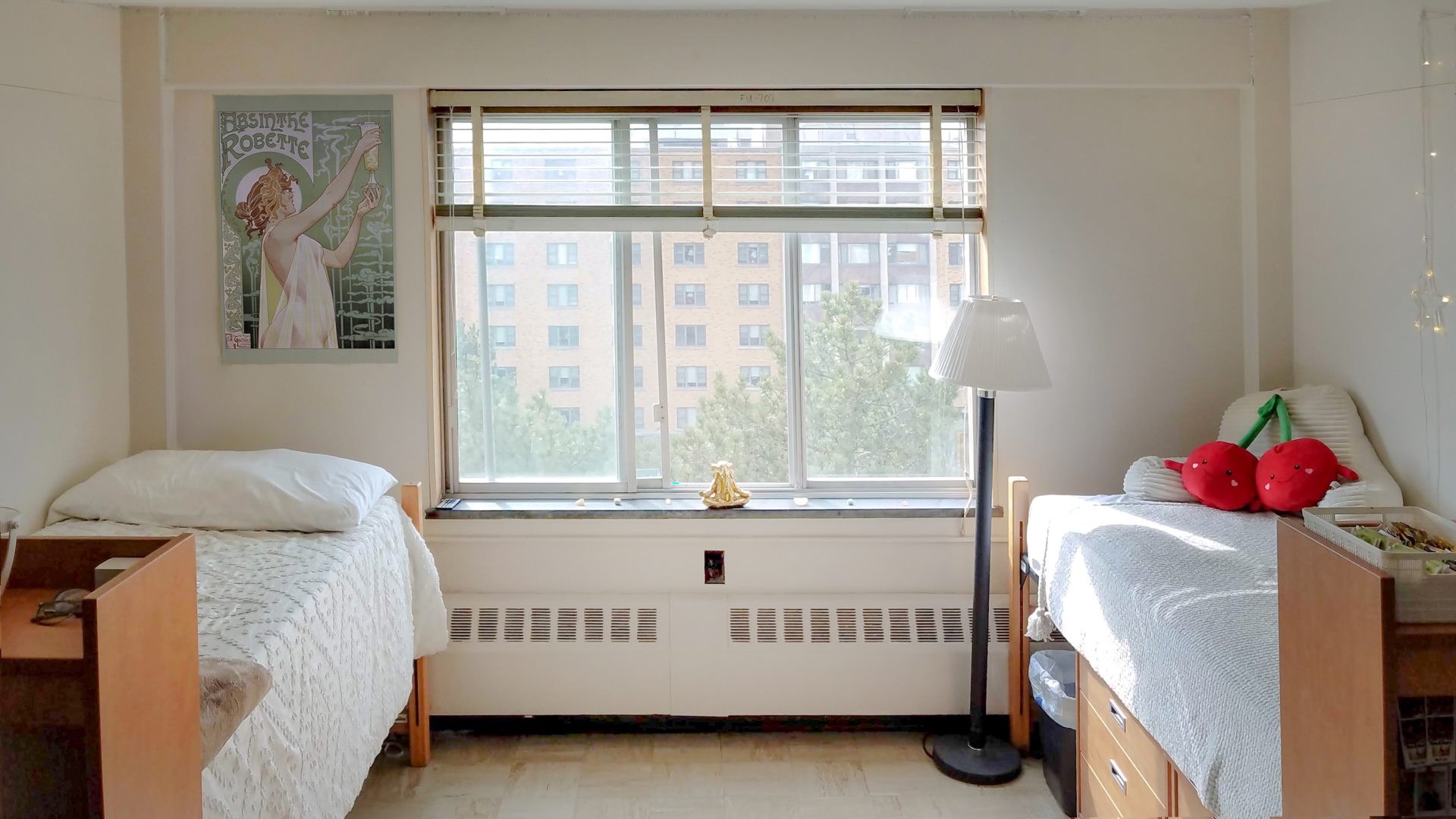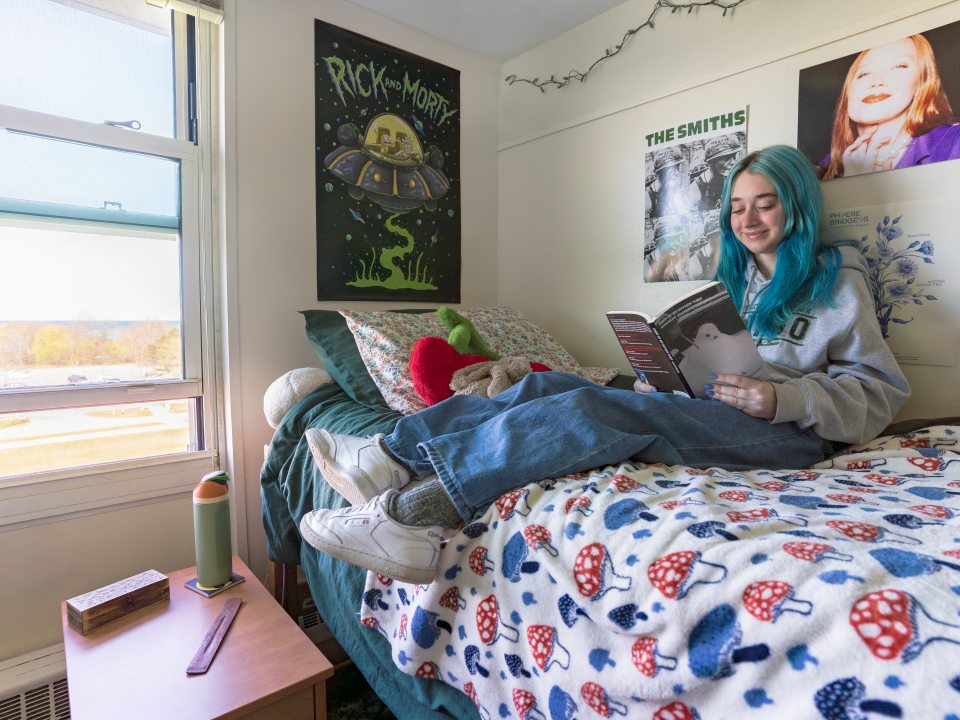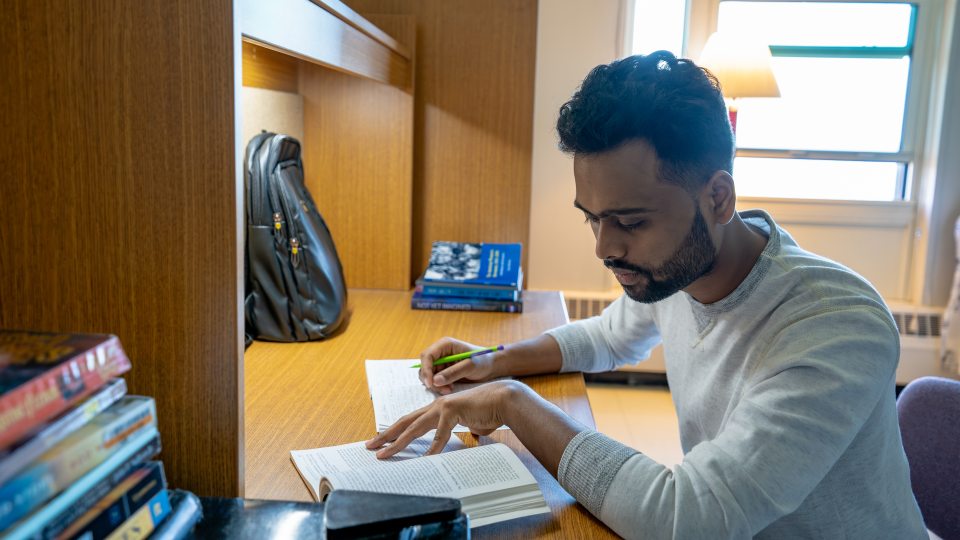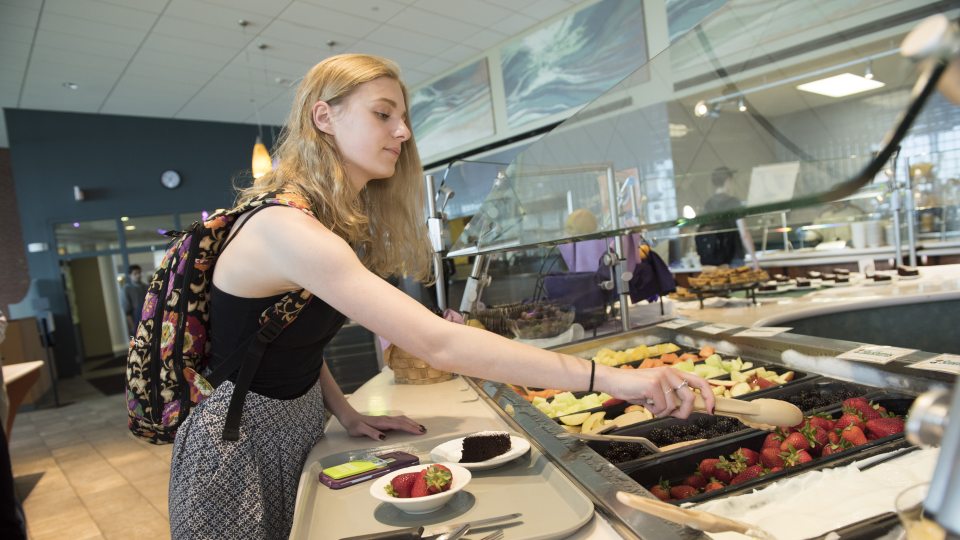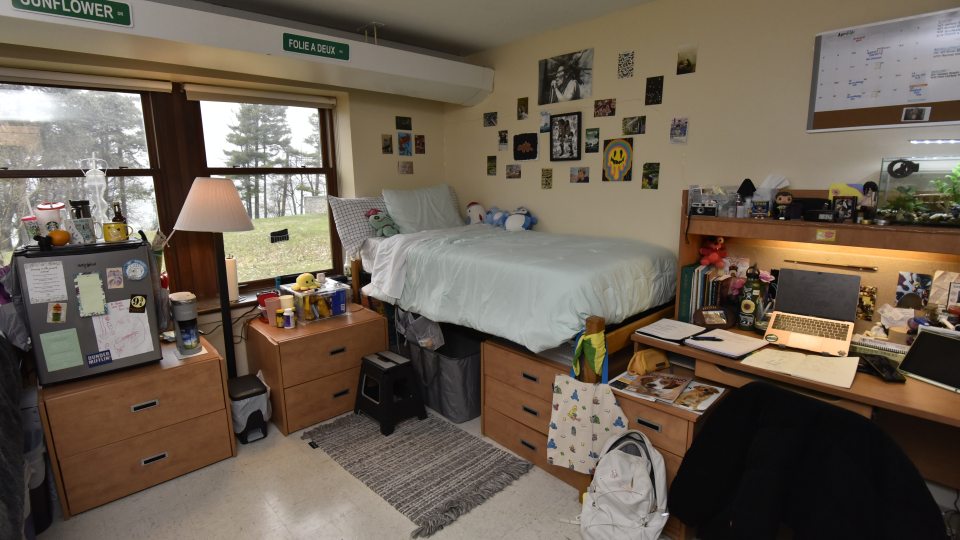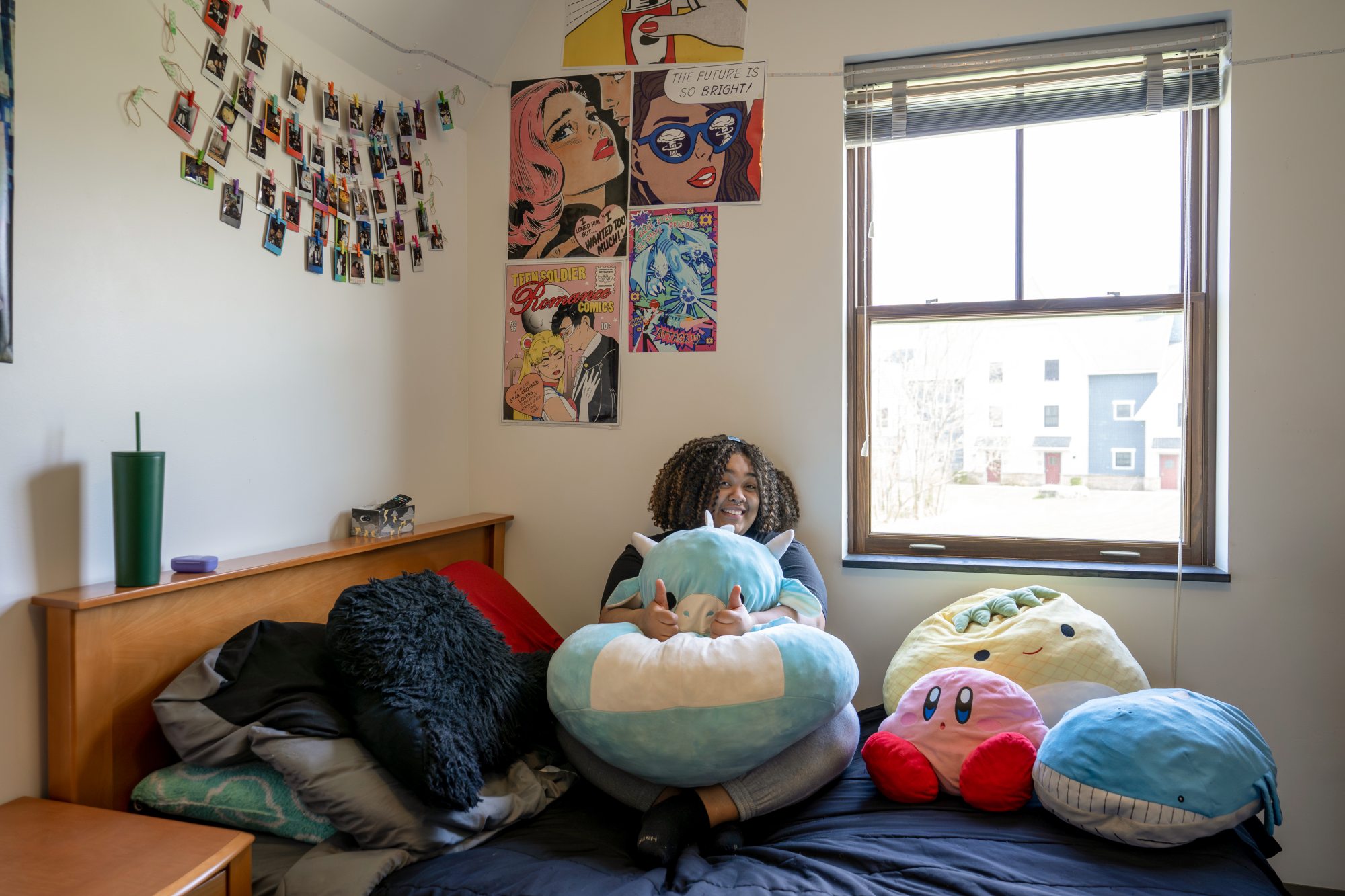
Are You Tired Of Feeling Tired?
Sleep is the key to feeling your best every day. When you’re well-rested, your body feels energized, your brain stays sharp, and your mood improves. Lack of sleepfrom trying to balance your college life can leave you feeling drained, stressed and unfocused. Learn more about how you can improve your sleep health and start making sleep a priority today!
Join Our 30 Day Sleep Challenge!
